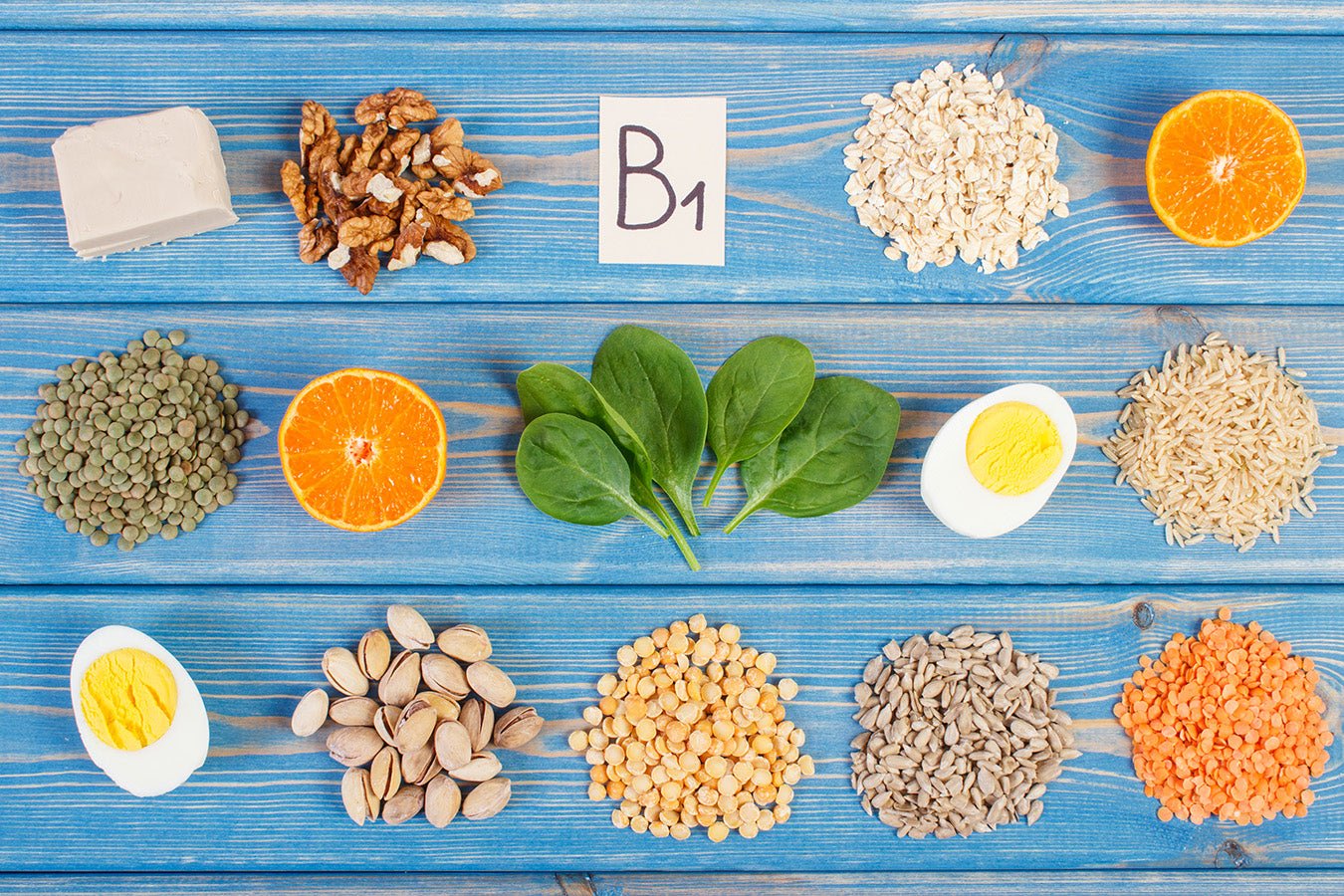20% OFF HEART HEALTH COLLECTION USE CODE EZHEART AT CHECKOUT
20% OFF HEART HEALTH COLLECTION USE CODE EZHEART AT CHECKOUT
20% OFF HEART HEALTH COLLECTION USE CODE EZHEART AT CHECKOUT
20% OFF HEART HEALTH COLLECTION USE CODE EZHEART AT CHECKOUT
20% OFF HEART HEALTH COLLECTION USE CODE EZHEART AT CHECKOUT
20% OFF HEART HEALTH COLLECTION USE CODE EZHEART AT CHECKOUT
20% OFF HEART HEALTH COLLECTION USE CODE EZHEART AT CHECKOUT
20% OFF HEART HEALTH COLLECTION USE CODE EZHEART AT CHECKOUT
20% OFF HEART HEALTH COLLECTION USE CODE EZHEART AT CHECKOUT
20% OFF HEART HEALTH COLLECTION USE CODE EZHEART AT CHECKOUT
20% OFF HEART HEALTH COLLECTION USE CODE EZHEART AT CHECKOUT
20% OFF HEART HEALTH COLLECTION USE CODE EZHEART AT CHECKOUT
20% OFF HEART HEALTH COLLECTION USE CODE EZHEART AT CHECKOUT
20% OFF HEART HEALTH COLLECTION USE CODE EZHEART AT CHECKOUT
20% OFF HEART HEALTH COLLECTION USE CODE EZHEART AT CHECKOUT
20% OFF HEART HEALTH COLLECTION USE CODE EZHEART AT CHECKOUT
20% OFF HEART HEALTH COLLECTION USE CODE EZHEART AT CHECKOUT
20% OFF HEART HEALTH COLLECTION USE CODE EZHEART AT CHECKOUT
20% OFF HEART HEALTH COLLECTION USE CODE EZHEART AT CHECKOUT
20% OFF HEART HEALTH COLLECTION USE CODE EZHEART AT CHECKOUT
20% OFF HEART HEALTH COLLECTION USE CODE EZHEART AT CHECKOUT
20% OFF HEART HEALTH COLLECTION USE CODE EZHEART AT CHECKOUT
20% OFF HEART HEALTH COLLECTION USE CODE EZHEART AT CHECKOUT
20% OFF HEART HEALTH COLLECTION USE CODE EZHEART AT CHECKOUT
EZ Melts Health Blog

EZ Melts Health Blog
Your Simple Guide to Vitamin Bs
by Annie-Eliza Stevens
on Apr 22 2023
Reading Time: 4 minutes
There are eight B vitamins to keep track of, and all of them are crucial to your metabolism, energy levels, brain function, and well…most functions in the human body.
All eight of these nutrients are found in food, however, millions of people in the United States—and the world—are vitamin deficient, meaning that many people aren’t living at their peak wellness.
There’s a lot of information out there on just vitamin Bs alone, so we’ve made a simplified guide with a snapshot of what systems in your body each vitamin B supports.
Vitamin B1 (Thiamin)
For:
Kidneys
Immune system
Cognitive function
Nerves
Vitamin B1, also known as thiamine, is necessary for brain function and energy production. It’s also connected to healthy kidney function and immune system function. Thiamine is an essential nutrient that must be obtained from food or supplements; like the other B vitamins, it cannot be made by the body.
Vitamin B2 (Riboflavin)
For:
Metabolism
Healthy organs
Immune system
DNA/RNA production
Vitamin B2 (riboflavin) is an essential nutrient that helps with the production of DNA and RNA. It's also needed for the maintenance of healthy skin, hair and nails. Vitamin B2 helps with the metabolism of carbohydrates, fats and proteins.
Vitamin B1 is also found in many foods made with yeast, including beer and baked goods. It's also important for the maintenance of healthy heart muscles and red blood cells.
Vitamin B3 (Niacin)
For:
Cell turnover
Energy levels
Healthy digestion
Healthy skin
Nervous system
You may know vitamin B3 as niacin. It's a water-soluble vitamin that's important for energy production and helps to maintain a healthy digestive system.
Niacin also plays an important role in keeping your skin healthy, as well as maintaining the health of your nervous system. Niacin is found in meat, fish, poultry, and certain vegetables.
Vitamin B5 (Pantothenic Acid)
For:
Hormone production
Energy levels
Metabolism
Healthy organs
Vitamin B5 is one of the lesser-known B vitamins. It plays an important role in energy production and metabolism, as well as helping your body maintain healthy skin, hair, and nails. It's also known as pantothenic acid because it can be synthesized in the body from pantothenate (vitamin B5).
Vitamin B6 (Pyridoxine)
For:
Nervous system
Metabolism
Energy production
Childhood development
Vitamin B6 supports many bodily functions, including growth and development, energy production and protein metabolism, and the nervous system. Many people who don’t eat meat have a vitamin b 6 deficiency, so it’s important to make sure you’re getting enough if you're a vegetarian or vegan.
Vitamin B7 (Biotin)
For:
Healthy hair, skin, nails,
Metabolism
Energy levels
Muscle support
Cholesterol levels
Vitamin B7 (also known as biotin) is a water-soluble vitamin that plays an important role in energy production. It's also essential for metabolism, which helps you process the food you eat and turn it into energy.
The main function of vitamin B7 is to help convert carbohydrates into glucose (blood sugar), which gives us the energy we need to stay awake and active throughout the day, but is connected to so many other processes as well, including—yes—hair, skin, and nails, which is is most known for.
Vitamin B9 (Folic Acid or Folate)
For:
Lower likelihood of birth defects
Heart health
Cognitive function
Nervous system
Vitamin B9 (folic acid) is essential for cell growth and repair. It also supports the production of red blood cells, which help deliver oxygen to your tissues. Folic acid is linked to healthy brain function, nervous system health, and heart health. Folic acid is especially important during pregnancy because it is linked to supporting lower instances of birth defects.
Vitamin B12
For:
Nerve function
Red blood cell count
Metabolism
Energy levels
Vitamin B12 is a water-soluble vitamin that helps maintain nerve cells and red blood cells. It also helps make DNA, red blood cells, and fatty acids (fats). Vitamin B12 plays an important role in the metabolism of fats, carbohydrates, and proteins.
Vitamin B12 plays an important role in maintaining healthy nervous system function as well as energy levels. It supports cardiovascular health by helping to maintain a healthy heart muscle as well. This is the B vitamin most people are lacking in their diet, especially vegans and vegetarians.
B-Complex
B-Complex is a supplement that includes all eight essential B vitamins. While it’s rare to be lacking all eight of these Bs in your diet, many people today aren’t getting enough of all eight. Covering your bases with a quality B-Complex vitamin might be your best bet if you aren’t sure.
Conclusion
All these Bs might be making your head spin at this point—but Bs are essential to your health. Simplify the hassle of keeping them all straight by taking a B-Complex supplement.
In addition to a well-rounded diet, a B-Complex supplement can help to bridge any nutrient gap you may have with your vitamin Bs.
Our vitamins are non-GMO, vegan, sugar-free, and free from the nine most common allergens. We support the planet with the ingredients we use in our supplements.
We make it EZ to get the nutrition you need with our fast-melting supplements. And with our subscription service, it’s even easier to take care of yourself. Use code EZ30 at checkout to save 30% off your first subscription.

EZ Melts Health Blog
4 B1 Benefits & Deficiency Signs
by Annie-Eliza Stevens
on Jun 02 2021
Read time: 3 minutes
Vitamin B1 is also called thiamine. It is vital for so many processes in your body you can’t survive without! When taken in proper amounts, it supports your immune system, metabolism, and even cell reproduction. In addition, studies are being done in relation to taking B1 to support less mental strain.
There are many foods that naturally contain thiamin, however, most people get this vitamin in fortified foods and supplements. Foods rich in vitamin B1 are:
Yeast, nuts, whole grains, and eggs
Meats like beef and pork
Liver
Fruits and vegetables like oranges, cauliflower, potatoes, asparagus, and kale
Fortified flours
However, many groups of people are susceptible to being deficient and at risk of side effects and conditions, like vegans, vegetarians, pregnant women, as well as people who consume a lot of alcohol on a regular basis. What’s more, is that cooking foods with B1 destroys the vitamin’s value. Many people will therefore take B1 or the full range of Bs, called B-Complex, to ensure the daily requirements are met. Read below to see some of the reasons a B1 supplement is a good idea.
Benefits of Vitamin B1
1. Lowers Likelihood of Kidney and Heart Disease
Vitamin B1 is believed to be connected with healthier kidney function. In fact, in subjects with type 2 diabetes, liver disease is more likely to occur because of the stress put on the organ. In some studies, taking thiamine at high doses is shown to reduce stressors in the body that tax the liver.
2. Supports a Strong Immune System
Like many of the other vitamin Bs, B1 is linked to supporting the immune system’s functioning, which in turn promotes optimal wellbeing. In part, vitamin B1 is believed to do this by assisting the body in its ability to tolerate external and internal stress.
3. Supports Cognitive Well-Being
Studies are being done in relation to taking B1 to support less mental strain and healthier cognitive function. Scientists believe that vitamin B1 deficiency is linked to depressive symptoms, mental health, and the onset of dementia. Vitamin B1 supplements may be a way to ensure that your brain can operate at maximum efficiency and support anti-aging.
4. Nerve Health
Thiamine has long been connected to nerve health and functioning. It helps nerves to signal muscle contractions and reactions to stimuli, and it is vital for both the peripheral and central nervous systems (PNS and CNS). Vitamin B1 helps develop and maintain neural transmitters, in part by developing the myelin sheath; the protective covering on nerves.
Thiamine Deficiency: Signs and Symptoms
Not sure about your B1 intake? Here are some signs you may be deficient:
Anemia
Weakened cardiovascular system
Depressive symptoms
Loss of appetite, which in some cases leads to anorexia
Imbalance, tingling in limbs
Confusion and severe memory loss, as well as being linked to the higher likelihood of dementia
The EZ Melts Difference
It’s often hard to find B1 supplements on their own outside of the B-Complex supplements out there, but we have you covered. Our vitamin B1 supplement is fast melting and has a delicious customer-approved flavor. Unlike many major vitamin brands, our tablets are vegan and do not include harmful ingredients, artificial flavors, or GMOs. Try us out and see the difference!
___
Written by Annie-Eliza Stevens

EZ Melts Health Blog
Beriberi Sounds Nice, But It Isn’t...and You Could Have It Without This
by Annie-Eliza Stevens
on Nov 09 2020
Beriberi...doesn’t it sound like a lush vacation spot?
Unfortunately, it isn’t. It’s a serious condition people can develop when they are vitamin B1 deficient. It’s way more common to be missing essential vitamins and minerals than one would think!
Additionally, many people are specifically deficient in B vitamins, especially vitamins B1, B6, and B12 [1]. This is because during human evolution we have lost a lot of our abilities to synthesize vitamins in the body itself [2].
You can get your Bs through food if you plan out your meals...but should you ask your doctor about taking over-the-counter B1? And just what are the signs of beriberi?
Let’s find out!
B1 with Your Body
Vitamin B1 is also called thiamin. It is vital for so many processes in your body you can’t survive without! When taken in proper amounts, it supports your immune system, metabolism, and even cell reproduction. In addition, studies are being done in relation to taking B1 to support less mental strain [3], [4].
There are many foods that naturally contain thiamin, however, most people get this vitamin in fortified foods and supplements.
Foods rich in vitamin B1 are:
Yeast, nuts, whole grains, and eggs
Meats like beef and pork
Liver
Fruits and vegetables like oranges, cauliflower, potatoes, asparagus, and kale
Fortified flours
However, many groups of people are susceptible to being deficient and at risk of side effects and conditions, like vegans, vegetarians, pregnant women, as well as people who consume a lot of alcohol on a regular basis.
What’s more, is that cooking foods with B1 destroys the vitamin’s value [5]. Many people will therefore take B1 or the full range of Bs, called B-Complex, to ensure the daily requirements are met.
B1 Deficiency: Signs and Symptoms
Not sure about your B1 intake? Here are some signs you may be deficient:
Weakened cardiovascular system
Loss of appetite, which in some cases leads to anorexia
Imbalance, tingling in limbs
Confusion and severe memory loss, as well as being linked to the higher likelihood of dementia
Beriberi (see below)
Beriberi
Sounds like a cheerful title for something so serious. Beriberi is a disease that develops when a person is B1 deficient.
There are two types: wet and dry beriberi, each affecting different parts of the body [6]. Wet beriberi affects the heart, and can even lead to heart failure! Dry beriberi, on the other hand, damages the nerves and muscles.
Symptoms of wet beriberi include swollen legs, rapid heart rate, and shortness of breath, while dry beriberi is marked by pain, mental confusion, decreased control of limb movement, and even paralysis.
This all sounds incredibly bleak, are we right? Fortunately, the easiest way to drastically reduce the likelihood of developing beriberi is to ensure you are getting your daily recommended amount of B1. With a supplement, it’s easier than ever!
The EZ Melts Difference
If you try B supplements, see why EZ Melts is better--our vitamins are fast melting, EZ to take, and have a delicious customer approved flavor.
It’s often hard to find B1 supplements on their own outside of the B-Complex supplements out there, but we have you covered!
Unlike many major vitamin brands, our tablets do not include harmful toxic ingredients, artificial flavors, or GMOs. Try us out and see the difference!
Sources
https://www.cover-tek.com/which-supplement-do-you-need-b12-vs-b-complex/
https://www.ncbi.nlm.nih.gov/pmc/articles/PMC4772032/
https://pubmed.ncbi.nlm.nih.gov/21905094/
https://www.livescience.com/51721-vitamin-b1-thiamine.html#:~:text=B1%20sources&text=Food%20sources%20of%20thiamine%20include,%2C%20breads%2C%20cereals%20and%20flour.
https://www.medicalnewstoday.com/articles/219545#benefits
https://www.healthline.com/health/beriberi
___
Written by Annie-Eliza Stevens


















